Showing 61-70 of 70 results
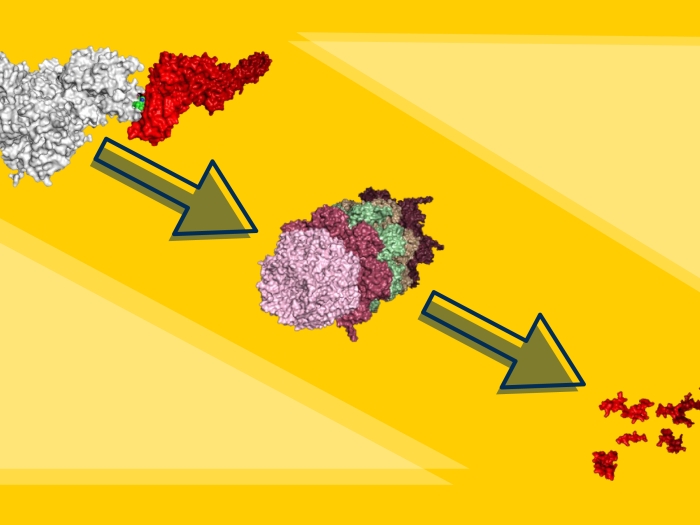
Health Lab
Protein degrader shows promise against STAT5, which plays a role in leukemia and other cancers
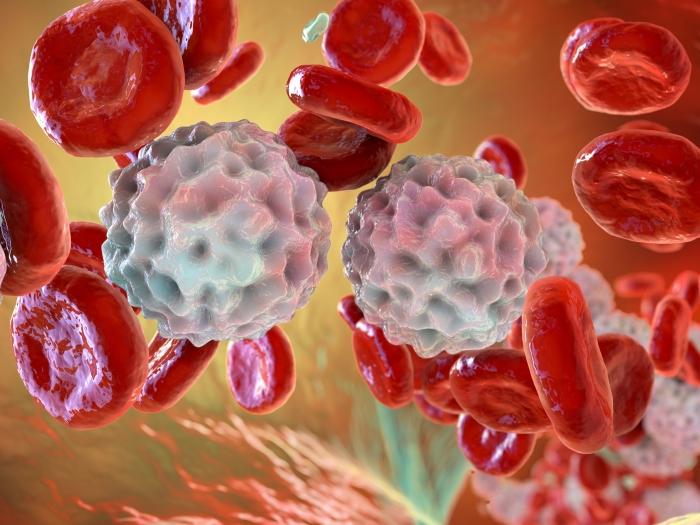
Health Lab
Russell Ryan, MD, and his team’s discovery appears to address longstanding mysteries about mutations found in B-cell acute lymphoblastic leukemia
News Release
The University of Michigan Medical School will no longer participate in the annual U.S. News & World Report (USNWR) rankings of medical schools.
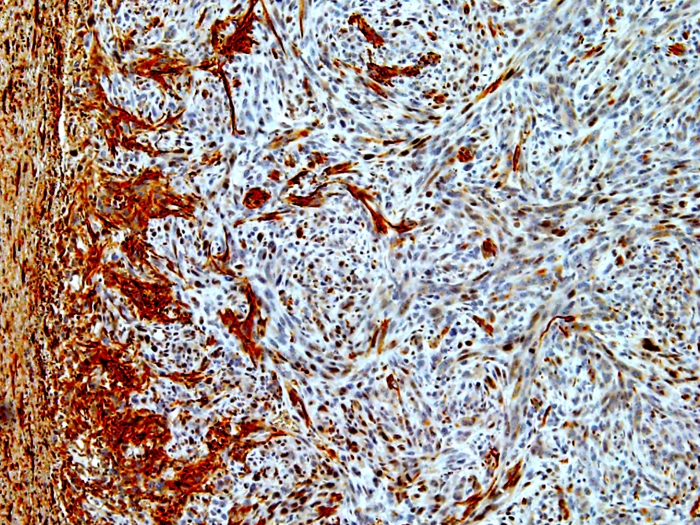
Health Lab
University of Michigan Rogel Cancer Center researchers find ZMYND8 gene plays a critical role in conferring radiation resistance on brain tumors with IDH1 mutation.
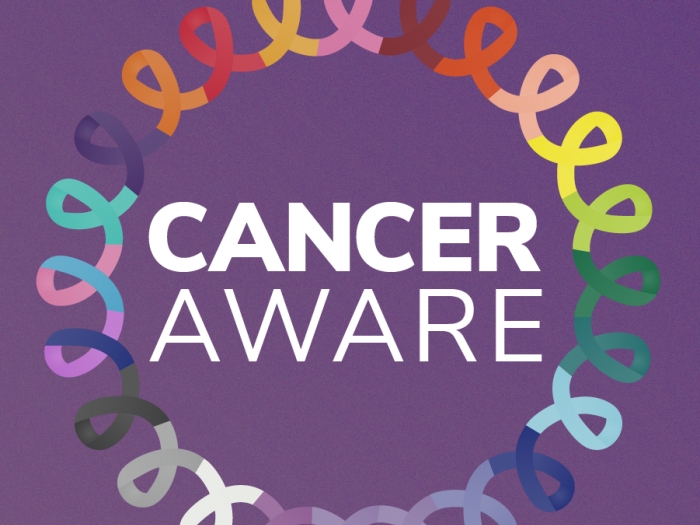
Cancer Aware
Dr. Melissa Pilewskie, U-M Health Rogel Cancer Center surgical oncologist, discusses the two main surgical options for treating breast cancer.
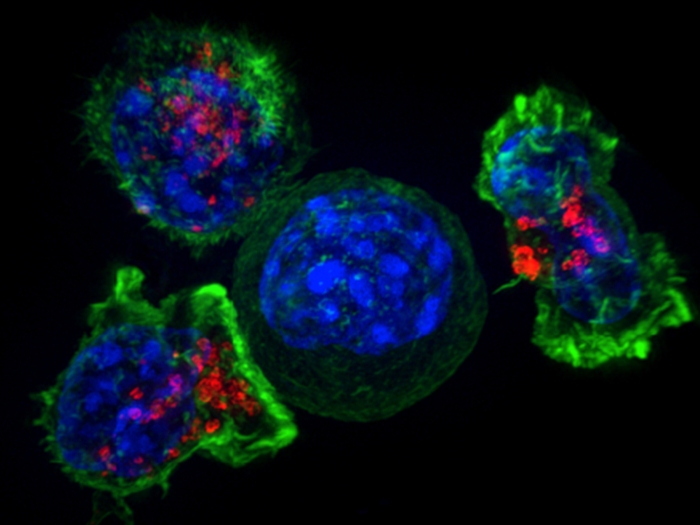
Health Lab
For some patients, immunotherapy furthers tumor progression instead of halting it. What distinguishes those who benefit from those who don’t?
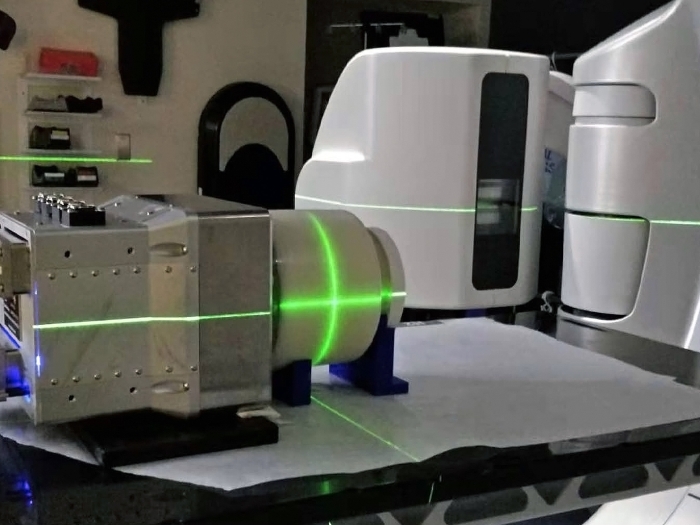
Health Lab
Radiation, used to treat half of all cancer patients, can be measured during treatment for the first time with precise 3D imaging developed at the University of Michigan.

Health Lab
The year provided one fascinating research story after another.
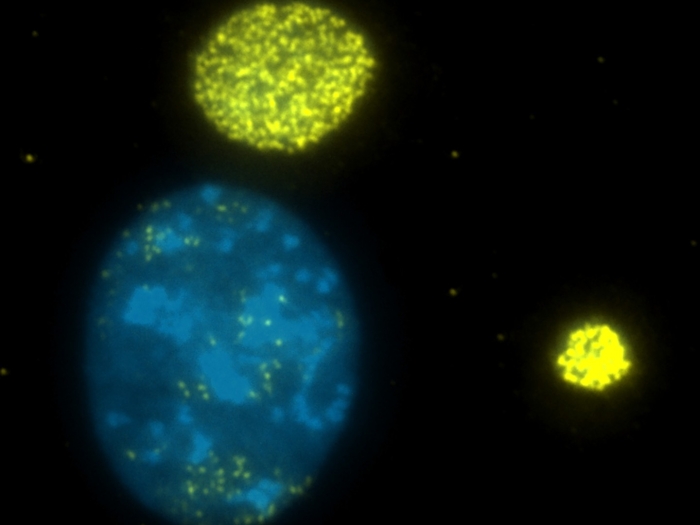
Health Lab
In mouse models and serum samples, an FDA-approved drug that lowers ammonia levels made the tumors more sensitive to treatment.
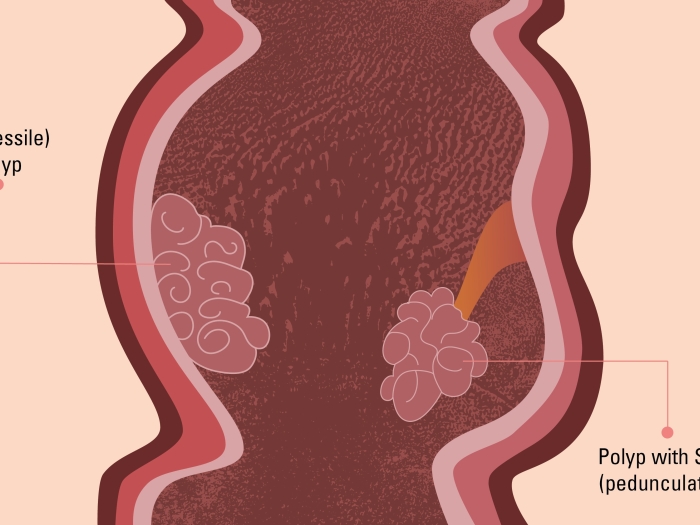
Health Lab
Colon and rectal polyps occur in 25 percent of people 50 and older. Learn the different types of colon polyps, colon polyp symptoms, & colon polyp risk factors.